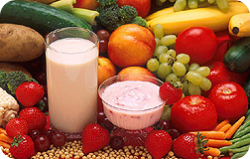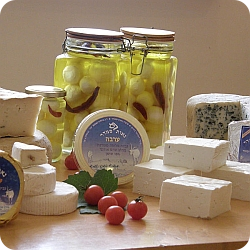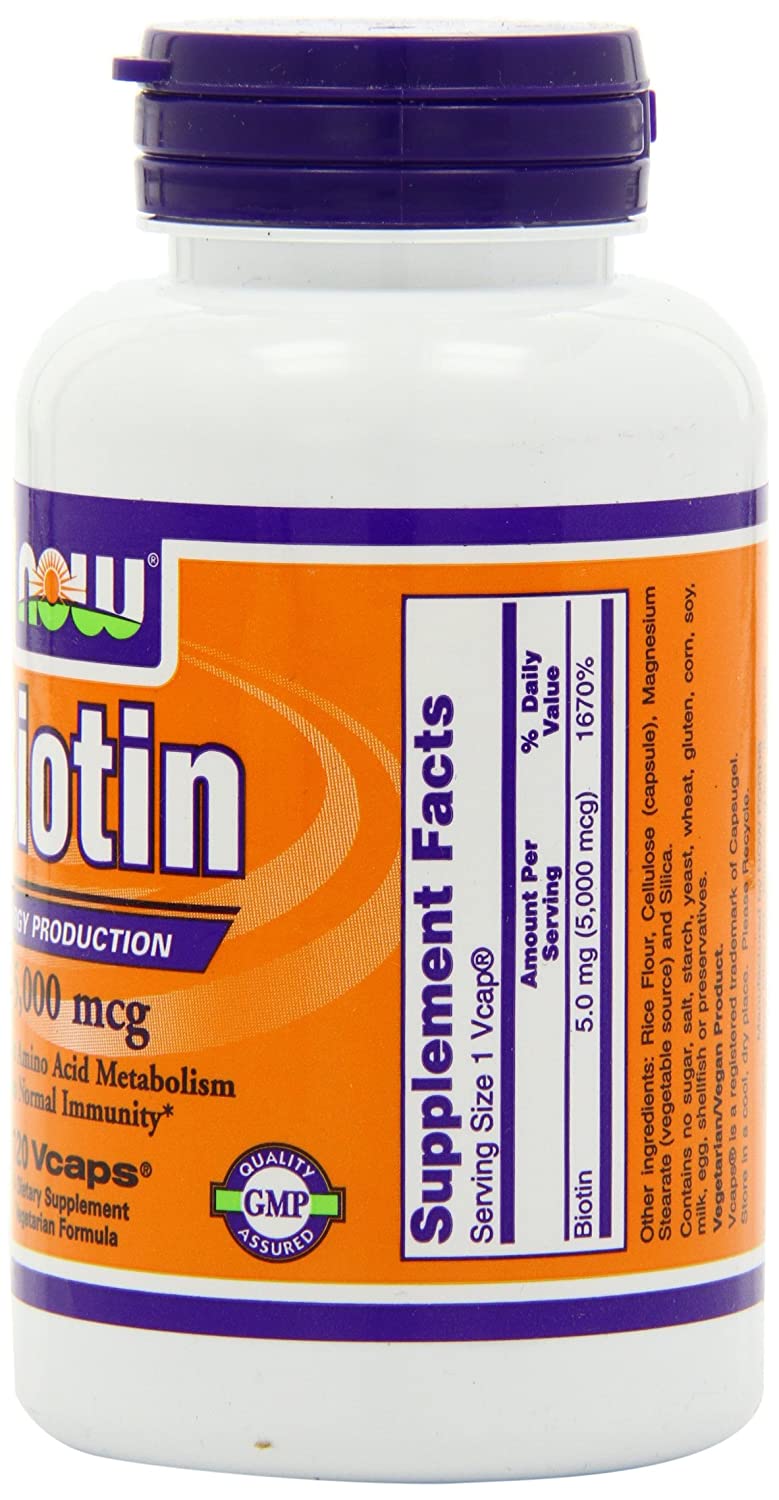Eating a balanced diet will benefit your whole body, not just your hair. The health of your hair can be affected by the incorrect functioning of various body organs so correct nutrition will fix all the issues at once.
Healthy Hair Requires a Healthy Diet and Correct Nutrition
Your hair reflects what you eat.
Eating a balanced diet will benefit your whole body, not just your hair. More than that, the health of your hair can be affected by the correct functioning of other various body organs. If you eat healthy, your hair will be naturally healthy on both the inside and outside and it will therefore look beautiful. Some people use shampoos and other hair products that only make their hair look healthy on the outside. Many hair products that make hair look better are actually very harmful for the scalp and hair growth and some may even lead to hair loss, so avoiding some products is essential, in addition to a healthy diet. If you eat a healthy diet, it will also prevent hair loss or, for those predisposed to hair loss at a young age, it will slow down the process.
Eating Protein Prevents Hair Loss
Hair is primarily constituted from protein. As a direct consequence, eating proteins helps your hair stay healthy. Protein-rich foods are great sources for Vitamin B12, which is essential to the haemoglobin (red cells help the transport of oxygen in our body). You can find protein in meats, fish, calf’s liver, brewer’s yeast, cheese, eggs, caviar, almonds, peanuts, large beans, yogurt, milk, yogurt and soymilk. A common problem for vegetarians and vegans is the lack of proteins in their diet. It is always wise to calculate the amount of protein ingested daily. You should do this for a month, until you learn how to approximate your protein intake and you will not need a journal anymore.
Eating Fat is Not Good for your Hair – DHT and Testosterone
Most cases of men Alopecia are linked to a high production of testosterone. Scientific studies have correlated high production of testosterone to hair loss. Testosterone transforms into DHT, which weakens the hair follicles, causing hair loss. Large intake of foods that are high in fat will increase testosterone levels above normal causing hair loss. As a conclusion, eating a lot of fat could cause hair lossespecially for men. Saw-palmetto and pygeum are proven to block DHT forming the substance resposible for men alopecia.
Hairomega 3-in-1 (formerly Maxahair) is a hair growth product complementing your diet in a few ways. It is a DHT-blocking, nurishes your hair and improves blood cirulation in scalp. You will get results, it has great reviews from Amazon customers.
Iron Helps The Proper Oxygenation of Scalp and Hair Follicles
A healthy scalp will stimulate and promote hair growth. A healthy scalp needs, besides the necessary nutrients, oxygen. To get the proper oxygenation for your scalp, you need a good blood circulation in your neck and head. Iron is very important for oxygenation since it is utilized to produce haemoglobin. Haemoglobin is a protein, found in our blood with the role of transporting the oxygen within the human body. Iron can be found in large amounts in aliments such as liver, dried fruits, cherries, eggs, dates, raisins, dark green leafy vegetables and whole-grain foods.
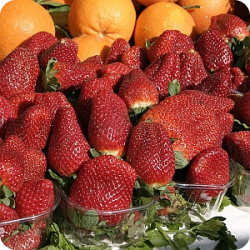 Vitamin C Keeps a Healthy Hair
Vitamin C Keeps a Healthy Hair
Vitamin C is also vital for a healthy hair, because it helps your body to absorb the iron. You can find Vitamin C in oranges, clementines, tangerines, fresh thyme, fresh parsley, broccoli, peppers, cauliflowers, Brussels sprouts, guavas, kiwis, strawberries and lemons.
Silica and Zinc
Silica Helps Hair Growth and Zinc Prevents Hair Loss
Silica helps hair growth and the prevention of hair loss. Silica helps your body absorb the vitamins and minerals. It may be found in bean sprouts, cucumbers, red peppers, green peppers and potatoes.
Zinc is very important for the cell reproduction to the balance of hormones. Zinc helps the health of your hair follicles and, when your diet is low on zinc, the hair follicles can get so weak that they will be unable to hold the hair and hair will start to fall. Zinc can be found in red meats, poultry, pumpkin seeds, mussels, shrimps, nuts, oysters and molluscs.
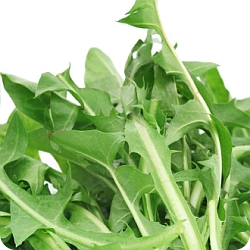 Vitamin A Helps a Healthy Hair Preventing Hair Loss
Vitamin A Helps a Healthy Hair Preventing Hair Loss
Vitamin A is important for the hair because it helps the immune system and it also helps the body tissues and cells grow and work properly. Vitamin A keeps the hair and the scalp healthy. If your daily intake is often below the recommended dose, your cells could create debris in your hair follicles, leading to dandruff, and it could even lead to hair loss. Vitamin A can be found in liver, dandelion greens, carrots, apricots, spinach, lettuce, parsley, sweet potatoes, basil, kale, collard greens and turnip greens.
Omega 3 Are on the Interest List of Aliments Preventing Hair Loss
Although there is not enough information to sustain this theory, it looks like Omega 3 oils help the hair grow and also keep the scalp healthy. A Japanese study concluded that the consumption of large quantities of fatty acids (like fish oil) could help prevent hair loss and promote its health. You can find Omega 3 in salmon, sardines, tuna, halibut, flax seeds, soybeans and shrimps.
Calcium and Magnesium – Supplements Against Hair Loss
Calcium and Magnesium are very important for a healthy hair. It is also important to be taken together, as they will complement e
ach other.
Calcium and Hair Growth
Calcium is essential for the hair growth. The hair follicles use calcium and protein to synthesize keratin. Keratin is what makes up our hair, nails and the outer layer of skin. Usually, people in North America consume enough Calcium. The low level of Calcium in our body is usually caused by other nutritional deficiencies such as low vitamin D levels, or Magnesium deficiency.
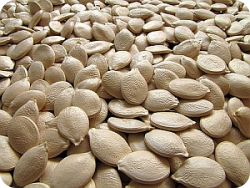 Magnesium and Hair Loss
Magnesium and Hair Loss
Magnesium doesn’t play a direct role in hair growth, but a low daily intake of it will conduct to hair thinning and hair loss. Magnesium is a synergistic with calcium, and it will help the body absorb the calcium. It is very important to keep the calcium-magnesium ratio balanced since, an imbalanced calcium – magnesium ratio in your body, might render your hair fragile and it will therefore easily break. This unbalance between the two can be caused by a high intake of sugar. A high quantity of sugar may create an insulin resistance which is linked to calcium and magnesium deficiency. Too much insulin in your blood will deplete Calcium resources in your body.
To avoid this, do not consume too much sugar, and try to have both the two minerals on your diet. You can find calcium in yogurt, cheese, milk, almonds, sardines, tofu, salmon, sesame seeds, collard greens, molasses, flax seeds, herring and green leafy veggies. Some great food sources for Magnesium would be rice, molasses, nuts, oat, sunflower wheat, sesame seeds and Brazil nuts.
Vitamin D and Hair Loss
There are a few studies that suggest that Vitamin D might have a direct role in the health of the hair follicle. Vitamin D plays a also an indirect role to the hair health, because it is essential in Calcium assimilation. In absence of Vitamin D most of the Calcium enters our body will be simply eliminated, and there will not be enough Calcium for our bones, hair and skin.
Water and Hair’s Health
Water is vital for our body health. Hair is made out of 25% water. Water keeps your hair hydrated, and it will make it flexible and shiny. Since the body is mostly made of water, not consuming enough water will have side effects that ultimately, will lead to hair problems. The cells’ health will decline and it will therefore affect the growth of the hair. Hairs will also get very dry and will break easily. Drinking water is the best way to keep your hair and body hydrated. If you cannot drink enough water, you can drink unsweetened tea, or eat foods that contain large amounts of water such as watermelons, cantaloupes and cucumbers. Another way to get more water is to eat many soups. Soups are healthy and great ways for getting more water into your body.
Vitamins and Supplements for Hair Loss
Now Foods Biotin
With so many vitamins and minerals to count, it is quite hard to keep track of what is your daily intake of everything. Many people choose to take supplements. There are supplements created especially for hair thinning and hair loss. Many people have had great results by only starting to take hair growth supplements.
Biotin deficiency is linked to alopecia, dermatitis, and conjunctivitis. Biotin supplements are in many cases the cause of hair thinning and hair loss.
Wikipedia has a great article about Biotin
